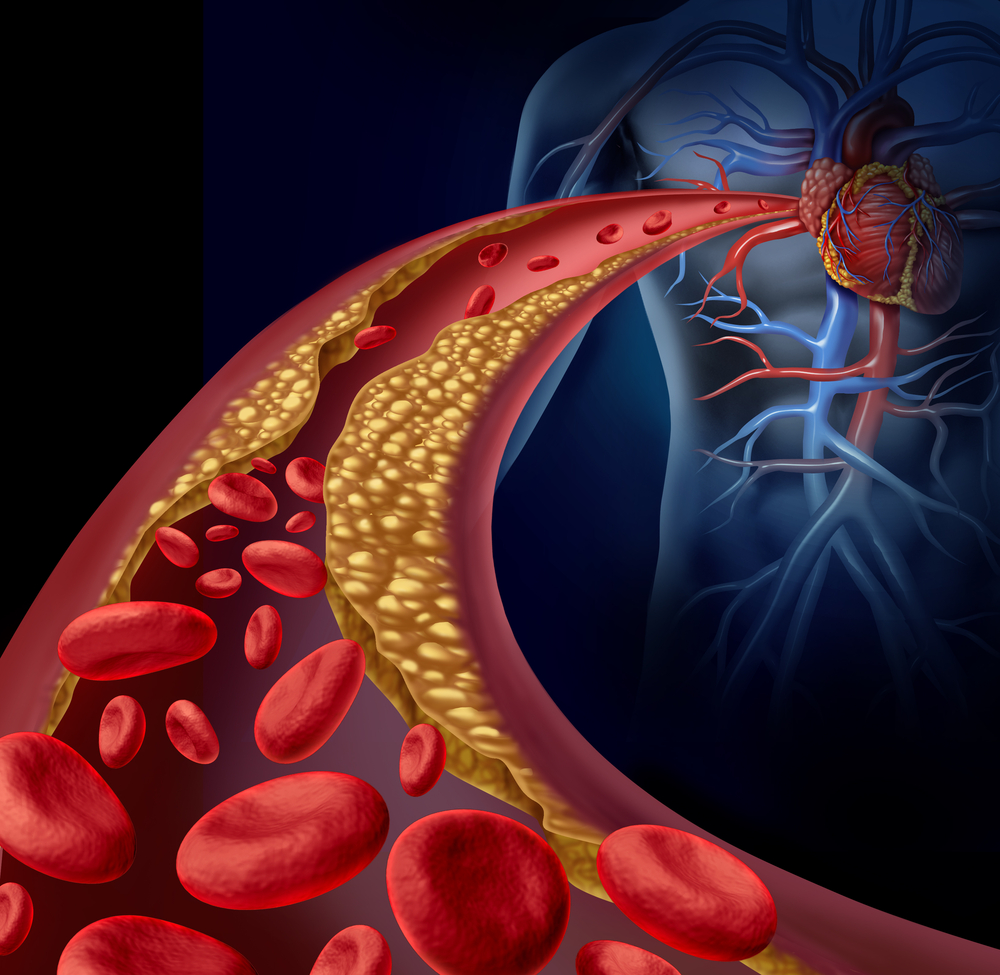Description
“Apo E is a critical protein that determines how much cholesterol we absorb and produce and dispose. It is available as a genetic test and high risk patients will often get checked (people with a family history of early heart disease or cognitive decline).
Since it is a genetic test, you will only need to have it checked once in the person’s lifetime. It can help assess what type of nutritional intervention is best.
60% of population will have ApoE 3/3. This genotype is associated with normal lipid metabolism and low cardiovascular disease risk.
25% of population will have ApoE 3/4 or ApoE 4/4. This genetic pattern tends to respond to low fat (<20%) dietary interventions. They also should avoid alcohol. Often they need to go on medications early to prevent disease of their blood vessels. People who have this genotype need to be watched closely by their providers for early disease progression!
Everyone else: ApoE2/2, ApoE2/3, ApoE 2/4. If you have a 2 in your genotype thank mom or dad. You are a bit lower risk and can tolerate more fat intake (35%). In fact, if you fat restrict people with this genotype, they will likely produce more small, dense “dangerous” LDL, so better to not encourage fat restriction.
Bonus Note: ApoE4 is strongly associated with early cognitive decline.
This risk profile breaks down like this: 2 copies of APOE4 = 50%-90% lifetime risk of developing Alzheimer’s, 1 copy of APOE4 = 30% lifetime risk. All other combinations of APOE2 and 3 = 9% lifetime risk. Remember, these are statistical risks, they are “all things being equal” risks, but all things are never equal between individuals, only between statistical groups. That means some people never develop AD even if they are homozygous for APOE4. That means you can change your risk at the individual level. You can turn yourself into an outlier.”
Alan Hopkins, MD

